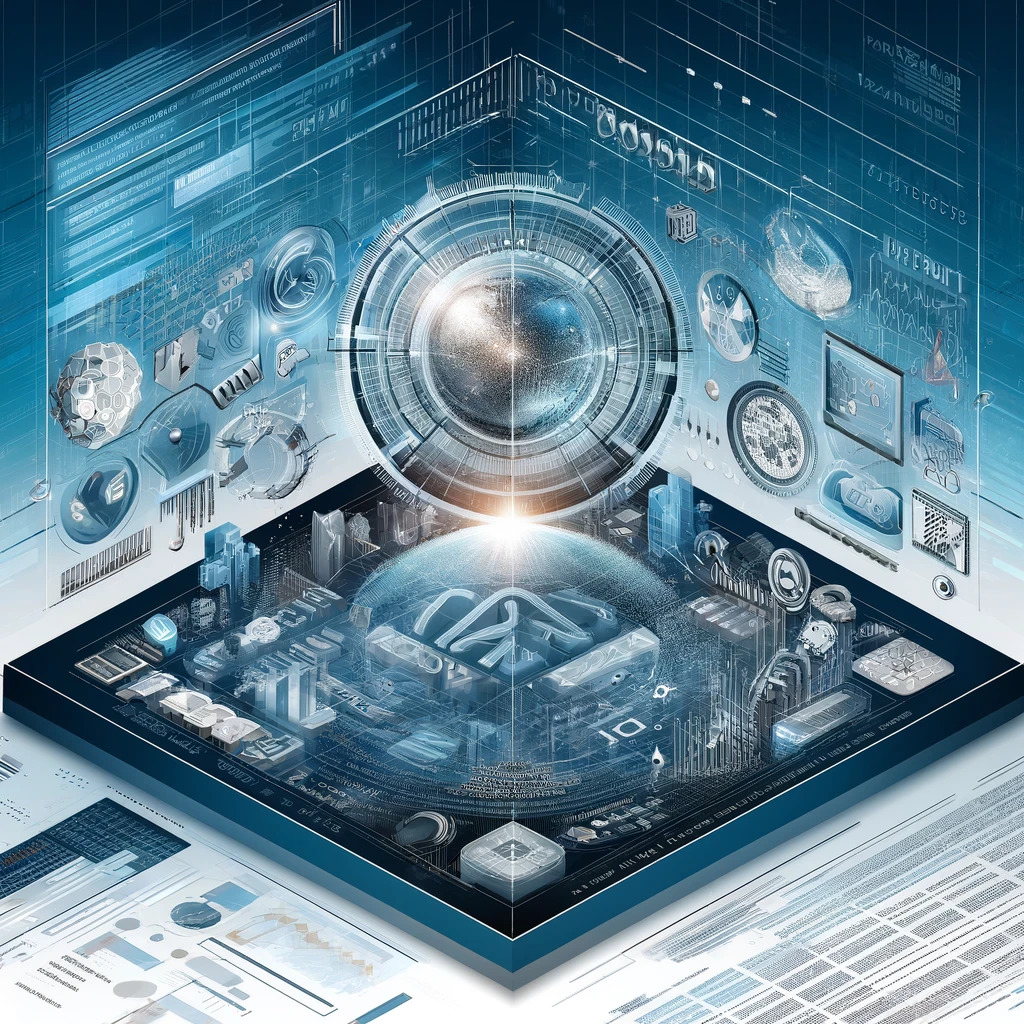
In the fast-paced world of technology, application development is at the forefront of innovation. As we navigate through 2024, developers and businesses are continually exploring new avenues to create applications that are not only efficient but also adaptable to the ever-changing tech landscape. From emerging programming languages to the integration of AI and machine learning, the field is experiencing exciting shifts that promise to redefine how we interact with software.
The Rise of Low-Code and No-Code Platforms
One of the most significant trends this year has been the rise of low-code and no-code platforms. These tools have democratized app development, making it accessible to non-programmers and reducing the technical barriers that once stifled innovation. Now, anyone with a great idea can build an app. This shift is particularly beneficial for startups and small businesses, which may not have the resources to hire a full team of developers.
These platforms not only speed up the development process but also allow for greater flexibility in iteration and testing. With drag-and-drop interfaces and pre-built templates, creating a custom application is more like assembling a puzzle than writing line after line of code. This ease of use is transforming the industry, encouraging a broader range of people to bring their unique ideas to life.
Integration of AI and Machine Learning
Artificial intelligence (AI) and machine learning (ML) are no longer just buzzwords—they are essential components of modern application development. These technologies enable apps to learn from user interactions and improve functionality over time, providing a more personalized experience. For instance, AI can be used to predict user behavior, automate tasks, and even detect and correct errors in real-time.
The integration of AI and ML is not only enhancing user experience but also pushing developers to think differently about problem-solving and app functionality. Applications can now adapt in ways that were once thought impossible, thanks to the continuous learning capabilities of these technologies.
The Evolution of API-First Development
Application Programming Interfaces (APIs) have always been a critical part of development, but the move towards API-first design is changing how applications are built from the ground up. This approach treats APIs as the first point of contact in the development process, prioritizing seamless integration and interaction between different software components.
By focusing on APIs from the start, developers can ensure that applications are more scalable and maintainable. This is particularly important as the complexity of systems increases and as more services become interconnected. An API-first strategy not only simplifies development but also enhances flexibility, making it easier to adjust features as market demands evolve.
Enhanced Security Protocols
As the digital landscape expands, so does the potential for security vulnerabilities. 2024 has seen a renewed focus on enhancing security protocols within app development to protect user data and ensure trust. Encryption, secure authentication methods, and regular security audits are becoming standard practices, as businesses recognize the importance of safeguarding their applications from cyber threats.
Security is no longer an afterthought but a fundamental aspect of the development process, embedded in every stage from design to deployment. This proactive approach helps prevent breaches and builds a stronger foundation for user confidence.
PieceX: A Marketplace for Innovation
Amidst these trends, platforms like PieceX are playing a pivotal role in the ecosystem of app development. PieceX is a unique marketplace where developers can buy and sell source code. This not only accelerates the development process but also fosters innovation by allowing developers to leverage existing codebases for new projects.
PieceX simplifies the process of sourcing code, ensuring that developers can find high-quality, reusable components that can be integrated into their projects. This not only saves time and resources but also encourages a collaborative environment where code is shared and improved upon by a community of developers.
Conclusion
The landscape of application development in 2024 is marked by significant innovation and transformation. As low-code platforms democratize development, AI and ML redefine user interactions, and security becomes more integral, the industry is set for a revolutionary change. Platforms like PieceX are essential in this ecosystem, providing resources that support the rapid and efficient creation of applications. As we move forward, these innovations will continue to shape the future of technology, making it an exciting time to be in the field of application development.
For more articles like this, make sure to check out the knowledgebase blog.
